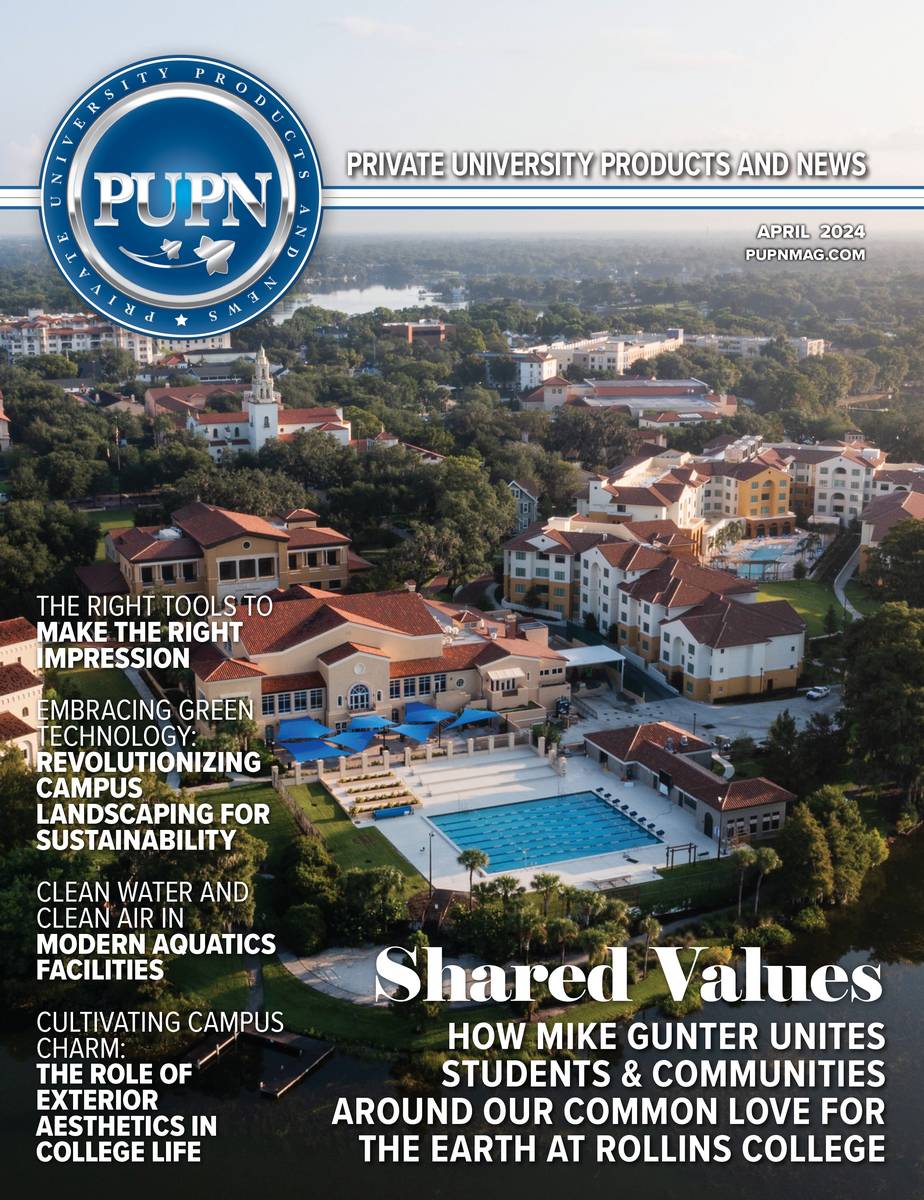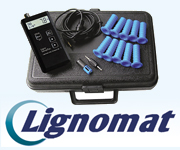Both pools held approximately 900,000 gallons of water. The competition pool was a ten-lane, fifty-meter pool. The L-shaped warm-up pool featured an eight-lane, fifty-meter section and a six-lane, twenty-five-meter section. More than fourteen hundred athletes competed in the whole event, including more than eight hundred swimmers competing in Wave 1, held June 4-7. Approximately six hundred swimmers competed in Wave 2, held June 13-20.
Spear Corporation, Roachdale, Indiana, was responsible for all piping and mechanical systems related to the two pools; the company was additionally responsible for ensuring that pool water chemistry met the highest quality standards. The company selected Pulsar® Precision calcium hypochlorite feed systems to handle chlorination duties for maintaining optimum pool chlorination during the two Waves. Spear Corp has used this type of feeders for many previous high-profile competitive swim events, including the U.S. Swim Team trials for the Rio Summer Games in 2016.
Less Maintenance, Ease of Operation
This feeder design from Sigura uses special high capacity erosion (HCE) technology that works in conjunction with Pulsar® Plus calcium hypochlorite briquettes to produce a fresh concentrated liquid chlorine solution on demand. The system chlorinates, treat organics, controls metals, boosts hardness, and provides shock treatments, all in one simple process. “In our experience with these high-profile events, Pulsar® feed systems have always required less scheduled maintenance than other feed systems, but this new Precision feeder required none during its month-long operation for the Tokyo trials,” says Brian Spear, President of Spear Corp.
Small Footprint, Convenient Loading
According to Spear, a big advantage to using the solid calcium hypochlorite briquettes is that they require just a fraction of the space that sodium hypochlorite—liquid bleach—would require. As he says, “With the numbers of spectators and athletes at a large, high-profile event like this one, we don’t want to have a lot of chemical storage on site. With the briquettes, we needed to store about half of a skid for the trials. We went through about fifty pounds a day, maybe a little less.” Spear also likes the Pulsar® Precision feeder’s new convenient loading feature that can provide an additional fifty pounds of briquette capacity. With this feature, a cone-bottomed, hinged hopper lid attaches to a full Pulsar® Briquette pail. To load the unit, the operator simply flips the pail over onto the top of the hopper, minimizing labor as well as airborne dust. Once the hopper is full, another pail can be added on top and locked in place, thereby supplying additional capacity as needed. “That feature worked really nicely during the trials,” Spear reports. “Whenever the top bucket became empty, we simply replaced it with a new one—and those were really the only interactions we needed to have with those two units during that whole month.”
All Systems Go
The month of the trials was a quite busy time for Spear and his team. As he states, “We were closely monitoring water chemistry and taking care of the filtration systems and monitoring the pools’ heat systems. We also had to change out pump strainers and manually test the water of each pool three times a day.” He continues, “It was nice that we had to do essentially nothing with the Pulsar® feeders during this busy time. They required zero maintenance.”
In these highly competitive events, the continuous thrashing of the water and the perspiration of the athletes require continuous chlorination to maintain the appropriate chlorine residual at all times. Otherwise, chlorination issues can create problems that might take days to straighten out.
“I was very pleased with the performance of the Pulsar® systems,” Spear says. “As far as maintaining chlorine levels during the trials, the units kept up with demand just fine.”










